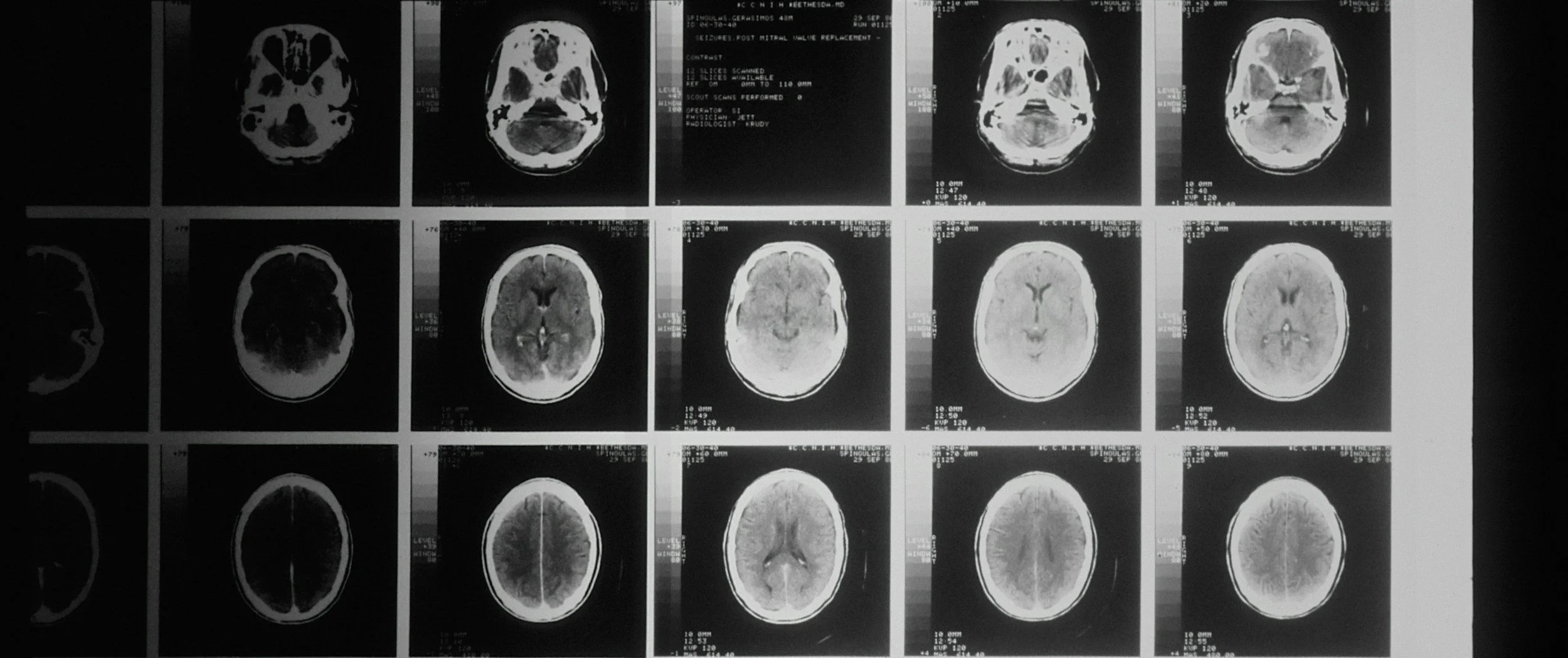Study Associates Video Gaming With Better Cognitive Performance In Children
Video games have long been viewed as a double-edged sword—criticized for overuse yet celebrated for their immersive engagement. A recent NIH press release reveals a promising side: children who play video games for three or more hours per day showed significantly better performance on cognitive tests measuring impulse control and working memory, compared to peers who never played video games. This landmark finding invites us to rethink gaming’s role in child development—and highlights why the Unified Esports League (UESL) integrates structured, purposeful gaming into its programs for individuals with intellectual and developmental disabilities (IDD).
Insights: NIH Study
Improved Impulse Control + Working Memory
Researchers analyzed data from nearly 2,000 children aged 9–10 enrolled in the Adolescent Brain Cognitive Development (ABCD) Study, comparing those who reported zero video gaming to those who gamed three+ hours daily. On tasks designed to measure impulse control and memory recall, the heavy-gaming group was both faster and more accurate—demonstrating up to a 15% improvement in reaction times and a 12% boost in correct responses on working memory tasks.
Neuroimaging Findings + Brain Efficiency
Functional MRI scans revealed that gamers’ brains exhibited higher activity in regions tied to attention and memory, and greater frontal lobe engagement during demanding tasks. Interestingly, areas responsible for basic visual processing were less active—suggesting that repeated visual challenges in gaming may foster neural efficiency, freeing up cognitive resources for complex problem-solving.
Balancing Cognitive Benefits + Behavioral Health
While the study noted slightly higher scores for attention problems, depression symptoms, and ADHD measures among heavy gamers, these did not reach clinical thresholds. The authors emphasized that these associations warrant continued monitoring as children mature, but do not currently indicate pathological concerns.
Study Limitations + Future Directions
As a cross-sectional analysis, the study cannot establish causation—children naturally predisposed to strong cognitive skills may simply gravitate toward gaming. Researchers also highlighted the need to explore how different game genres (action, puzzle, sports) uniquely influence neurodevelopment. Long term follow-ups through the ABCD Study will be crucial for unpacking these nuances.
How UESL Translates Research into Practice
Structured Gameplay + Skill-Building
At UESL, every gaming session is designed to challenge and cultivate executive functions like impulse control, working memory, and cognitive flexibility. Our curriculum incorporates game titles known to demand strategic planning, rapid decision-making, and sustained attention—mirroring tasks from the NIH study.
Neurodevelopment-Informed Coaching
Our coaches are trained to observe real-time player behaviors, offering tailored prompts and adjustments that parallel neuroimaging insights. For instance, when a client excels at visual puzzle challenges, coaches may introduce a memory-load task to further engage the client and suggest an appropriate game to practice specific skills —capitalizing on the efficiency gains noted in the NIH research.
Individualized Technology Education Plans (ITEP)
Much like the long term goals of the ABCD Study, UESL’s ITEP framework sets personalized cognitive and social objectives. We assess progress weekly—tracking improvements in social engagement and behavior, accuracy, attention/focus, and self-regulation—to ensure that each client’s unique developmental trajectory is supported.
A Safe, Inclusive Environment
Acknowledging the slight elevations in behavioral measures seen among heavy gamers, UESL integrates social-emotional learning components and mental health check-ins. By fostering a compassionate community, we help clients balance screen time with mindfulness and peer interaction, mitigating potential off-game challenges.



